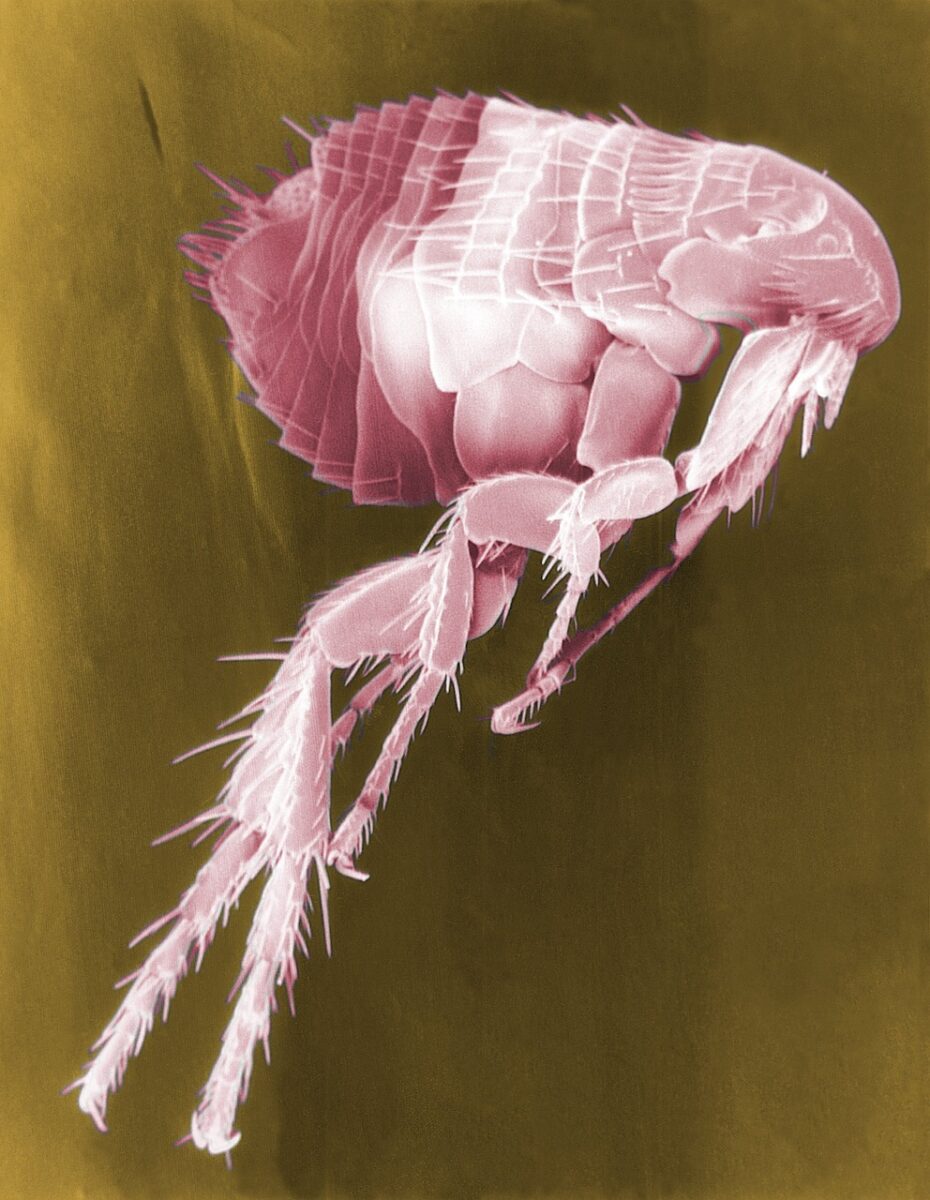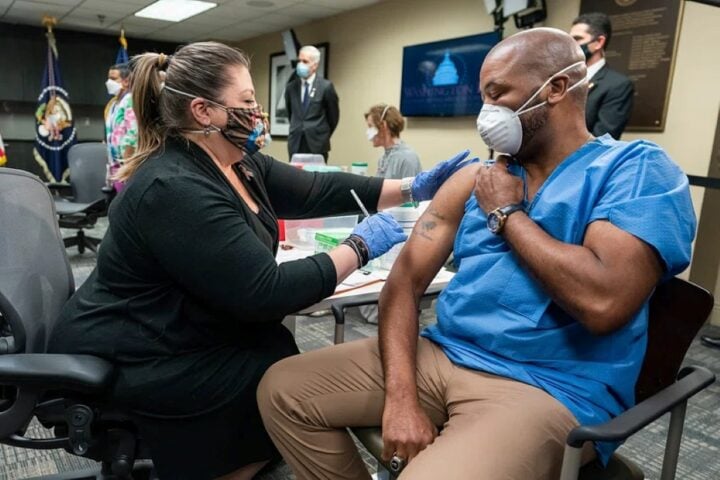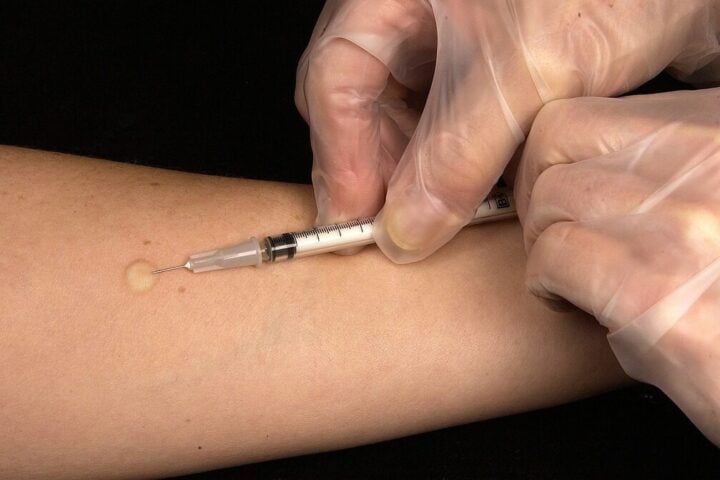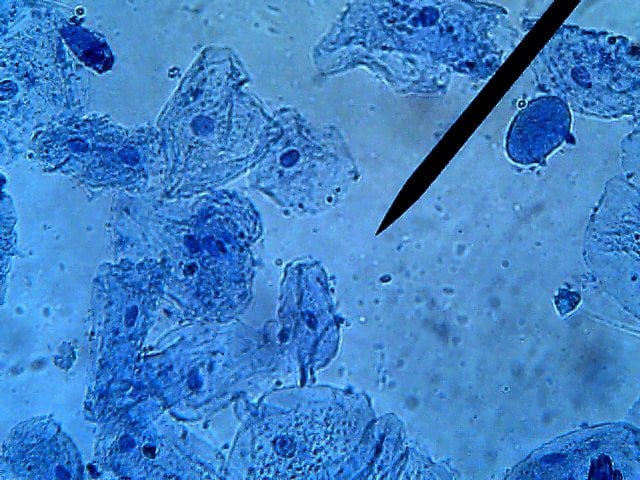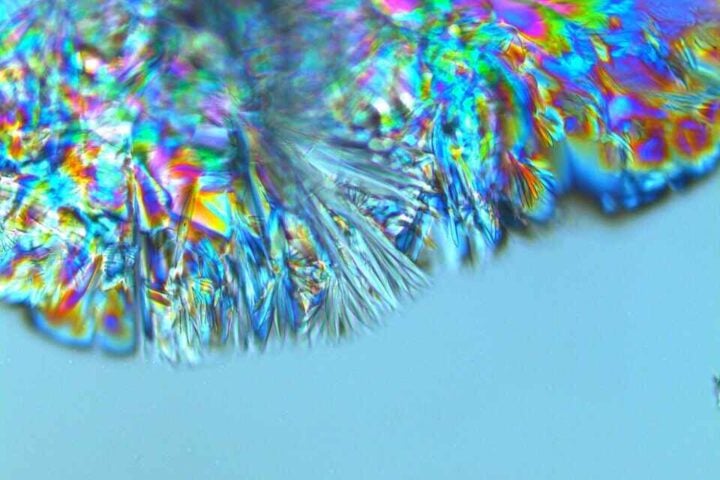A human case of plague has been identified in Montezuma County. The contraction is said to have taken place on private property. The Colorado Department of Public Health and Environment is collaborating with the Montezuma County Public Health Department to study and monitor the plague caused by the Yersinia Pestis Bacteria.
Plague is caused by the Yersinia pestis bacteria. It is transmitted to humans through infected flea bites or direct contact with infected animals. Some plague carriers include ground squirrels, chipmunks, rock squirrels, and wood rats. Prairie dogs are known to be highly infectious. Contacting the local public health agency is recommended if one encounters dead rodents in an area where active rodents are typically found. Symptoms can be challenging as they share similarities with the flu or a severe cold. One of the distinct features is the swelling of the lymph nodes. It is also important to note that the progression of symptoms is swift, leaving a brief window for antibiotic treatment. The risk for the general public remains low, but people can take precautions to protect themselves from the plague, as it remains prevalent in Colorado through infected animals.
Similar Post
Early symptoms include fever, headache, weakness, muscle aches, cough, shortness of breath, and chills. There are conditions where an individual might develop buboes, which are swollen lymph nodes. The symptoms of the plague are more severe than those of the flu, as some experience bloody nausea, vomiting, or stomach pains. Individuals may develop pneumonia after the initial symptoms of the plague manifest. Anyone exposed to rodents or fleas and experiencing certain symptoms should seek immediate medical care. It is significant to know that plague pneumonia is contagious, transmitting through respiratory droplets. However, various antibiotics are effective in treating the disease.
Pets are also susceptible to plague, which can spread through fleas. It is recommended to use veterinary-approved flea control products to prevent transmission from pets to humans. Taking precautions like tucking pants into socks while hiking or in areas inhabited by rodents is recommended. The Colorado Department of Public Health and Environment advises the public to use bug spray where rodents may be present while going out. It is also important to note that individuals are advised to avoid touching or feeding wild animals. If any dead rodents are found, the public health department should be informed immediately. Practicing cleanliness, which is free from woodpiles or debris that can harbor rats or prairie dogs, is essential. Any observation of dead animals should be promptly reported for investigation.
To reduce the exposure and risk of contracting the plague, individuals can control the presence of wildlife and fleas around their homes. This can be achieved by protecting pets with veterinary-approved flea treatments, keeping them leashed away from wild rodent habitats, and avoiding contact with wild rodents, including squirrels. Sick or dead animals should not be touched.
